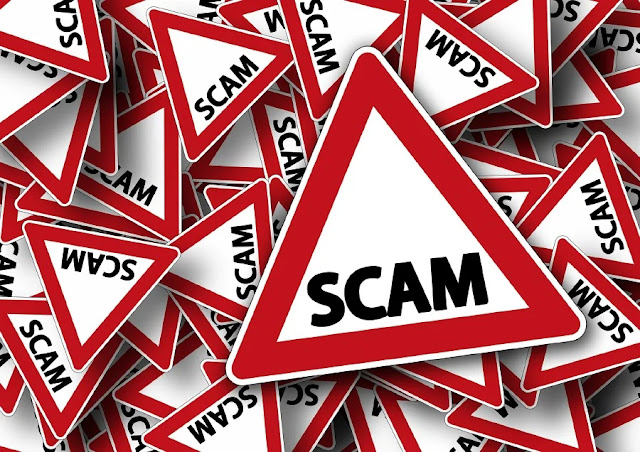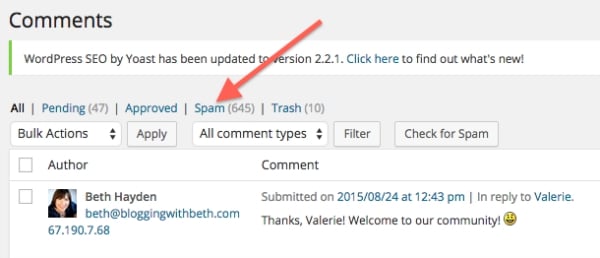This scam email comes to me from "Matthew Wyles" <test@antclick.com>
Dear sir,
With due respect and humility, I write to you this proposal.I am the
NEW chief executive officer (ceo) of the Hampshire Trust Bank
London, uk. . I am writing following the impressive information about you, l
got your contact in my quest for a reliable and capable person to assist me
in this deal.
Though I know that a business of this magnitude will make any one
apprehensive, but I am assuring you that all will be well at the end of the
day. i have decided to contact you by email due to the urgency of this
"deal", as we have been reliably informed of your honesty and ability in a
transaction of this nature.
Hampshire Trust Bank discovered an abandoned sum of US$30m dollars (THIRTY
Million US dollars) in an account that belongs to one of our foreign
customer (MR. ANDREAS SCHRANNER from Munich, Germany) who died along with
his entire family in July 2000 in a plane crash.
http://news.bbc.co.uk/1/hi/world/europe/859479.stm
About his death, the Hampshire Trust Bank have been expecting his next of
kin to come forward and claim his money because we cannot release it unless
somebody applies for it as next of kin or relation to the deceased as
indicated in our banking guidelines and policies but unfortunately we learnt
that all his supposed next of kin or relation died alongside with him at the
ugly plane crash leaving nobody behind for the claims. It is therefore upon
this discovery that I have decided to make this business proposal to you to
transact this DEAL with you and to act as the next of kin or relation to the
deceased for safety and subsequent disbursement since nobody is coming forth
and l dont want this money to go into the Bank treasury as unclaimed Bill.
According to our Banking policies and guideline here which stipulates that
if such money remained unclaimed after many years,the money will
automatically be transferred into the Bank treasury as unclaimed fund. My
request for a foreigner to act as next of kin in this business is by the
fact that the customer was a foreigner and a citizen of this country cannot
stand or put claims as next of kin to a foreigner. l agreed to offer 30% of
the total fund to you, for your assistance, to act as the next of Kin to the
foreigner,to provide account, 10% will be for reimbursement of any expenses
incurred during the curse of the transaction.
There after, I and my family will visit your country for disbursement and
for investment in your country. Therefore to enable the immediate transfer
of this fund to you as arranged, you must apply first to the bank as
relation or next of kin of the deceased indicating your bank name, your bank
account number, your private telephone and fax number for easier and
effective communication and location where the money will be transferred.
Upon receipt of your reply, I will send to you by fax or email the text of
the application. I will not fail to bring to your notice that this
transaction is hitch free and that you should not entertain any atom of fear
as all required arrangements have been made for the transfer.
Let truth and honesty be our watchword in this transaction while I look
forward to receiving your immediate response.
Yours faithfully,
Matthew Wyles
FAQ:
How will you know that this is a spam email?
Ans: Generally, A bank officer does not use "test" email and follow the domain name, this is not a bank website email.









